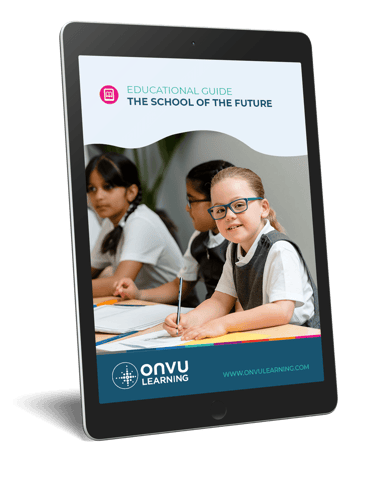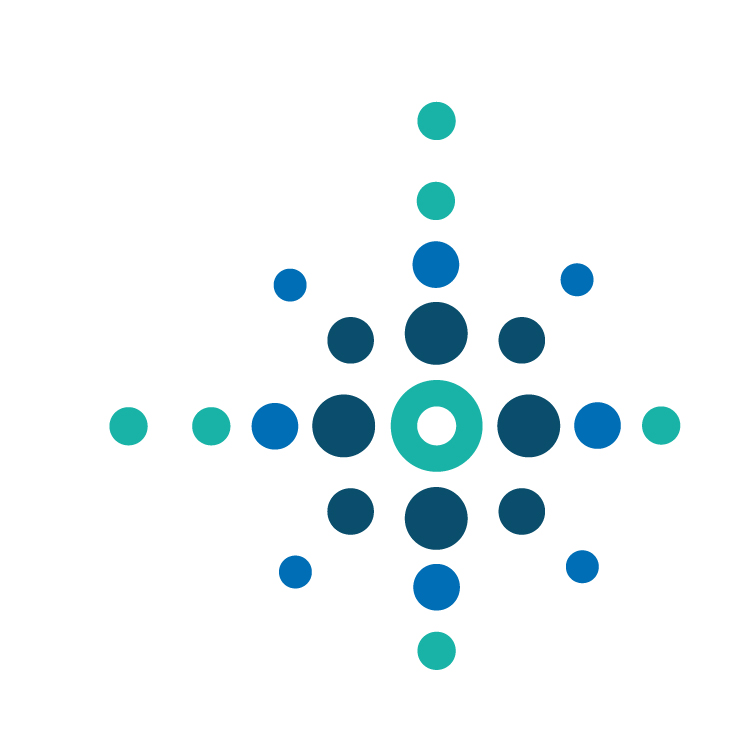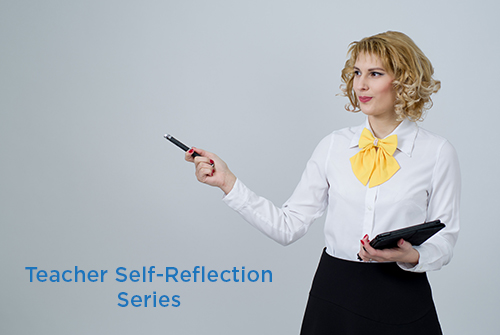- Blogs
- 2 Minute Read



This series of blogs looks at the importance of personal reflection to teachers and how to implement it in practice. Teacher Self-reflection and noticing are key sets of skills that will empower education professionals to drive their own development while helping schools continually improve teaching and learning. It’s the ‘future of CPD’.
Self-Reflection (Part 1): Introduction: Could ‘noticing’ and ‘reflection’ transform teaching?
Self-Reflection (Part 2): 8 Ways to reflect on a lesson and share your reflections
Self-Reflection (Bonus blog): 7 Ideas for remote reflection in teaching
Self-Reflection (Part 3): Creating a wider culture of self-reflection in your school
Self-Reflection (Part 4): How schools have enabled self-reflection and noticing
Self-Reflection (Part 5): Using Lessonvu’s ALIGN tool to implement self-reflection
Please subscribe to our newsletter to keep up to date with the latest blog series on lesson observation, teacher development and remote coaching.
Think about the best ‘natural’ teacher you know. The ones that when you watch them teach, hold a class in the palm of their hand and engage all students in learning. How do they do it? And how can other teachers, at all stages of their careers, learn from them in order to produce the same quality learning experience?
Their ‘secret’, when you watch these teachers closely, is that they can cut through the distractions in a lesson and focus on what matters – they can identify quickly the frown that means a student hasn’t ‘got’ the new concept; the lack of attention that precedes the troublesome student shouting out; the shuffling movement that means students are finishing activities and need to move on. And they can take immediate and positive action – asking a question to probe understanding; moving into the eye line of the potentially disruptive student to bring them back on task rather than shouting at them; setting a new challenging piece of work.
In other words, they notice the important things, and ‘reflect-in-action’ to change the conditions in the classroom.
How can we bring all teachers up to this level and make sure they are continuously improving? The answer is to help teachers “professionally notice” the important things in the classroom, give them the chance to reflect on them – by themselves, through dialogue with colleagues or expert coaches – and change their teaching practice over time. A side-effect of the process is that teachers become far more engaged in improving their teaching and more positive about their future careers.
This, however, is not an easy process to embed. Far too often teachers are trying to meet all the demands of the observation tick-lists that have been provided to them by schools or external mentors and can’t focus on noticing what matters to them. This tweet by experienced teacher @HeyMissSmith sums up the experience of many…
ONVU Learning is working with teachers to develop a core process and language for ‘professional noticing’. We are developing a common language and techniques around noticing that teachers can use for self-reflection; with coaches or colleagues to discuss the ideas that emerge; or, once secure with the idea of reflection, with video footage to further explore and validate their ideas.Over the next few weeks, our blogs and case studies will explore the process of noticing, show how coaching and culture change in a school can support teachers in making changes in the classroom and how video evidence can best be used to ‘triangulate’ the observations made by teachers. Sign up for our newsletter here to receive them. If you would like to help us further develop our training process by becoming a partner school, get in touch with our team now.

The School of the Future Guide is aimed at helping school leaders and teachers make informed choices when designing the learning environments of the future using existing and upcoming technologies, as they seek to prepare children for the rest of the 21st century – the result is a more efficient and competitive school.
KEEP IN TOUCH WITH ONVU LEARNING AND RECEIVE THE LATEST NEWS ON EDTECH, LESSON OBSERVATION, AND TEACHER TRAINING AND DEVELOPMENT.